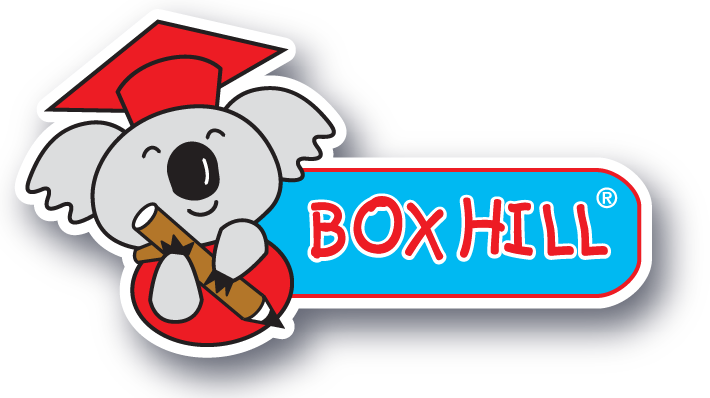Curriculum
Our school curriculum is based on the British National Curriculum Early Years Foundation Stage framework (EYFS). We implement the framework’s areas of learning and have adopted the early childhood learning goals. Our programmes comply with the high standards of international and primary schools learning and teaching for young children. The medium of teaching and communication in the school is English; Cantonese and Mandarin languages are supplementary.
Our belief is that children learn through play by investigating, participating, and exploring to become independent and confident learners. We have a child-centred approach to learning for children’s all-round growth, including moral, physical, social and emotional development. At Box Hill we have included key distinct character-building features into our curriculum.

All these areas are interdependent on children’s cognitive development.
We aim to provide the best learning environment where children are motivated to learn from active involvement across a wide range of first-hand learning experiences, so that they become confident to tackle new challenges, and are prepared to make their own judgments and act independently.
The programme is based on themes. The themes include the study of languages, mathematics, knowledge and understanding of the world, personal, social, and physical development, the arts, as well as science and technology. The most important is the play and games which give opportunities for development in all areas and support children’s learning.

Koala Class
Nursery
Age 2.0 – 2.8
Students who are at least 2 years old.

Wombat Class
Kindergarten 1
Age 2.8 - 3.8
Students who are 2 years 8 months old by August

Kangaroo Class
Kindergarten 2
Age 3.8 - 4.8
Students who are 3 years 8 months old by August

Emu Class
Kindergarten 3
Age 4.8 - 6
Students who are 4 years 8 months old by August
Prime Areas of Learning
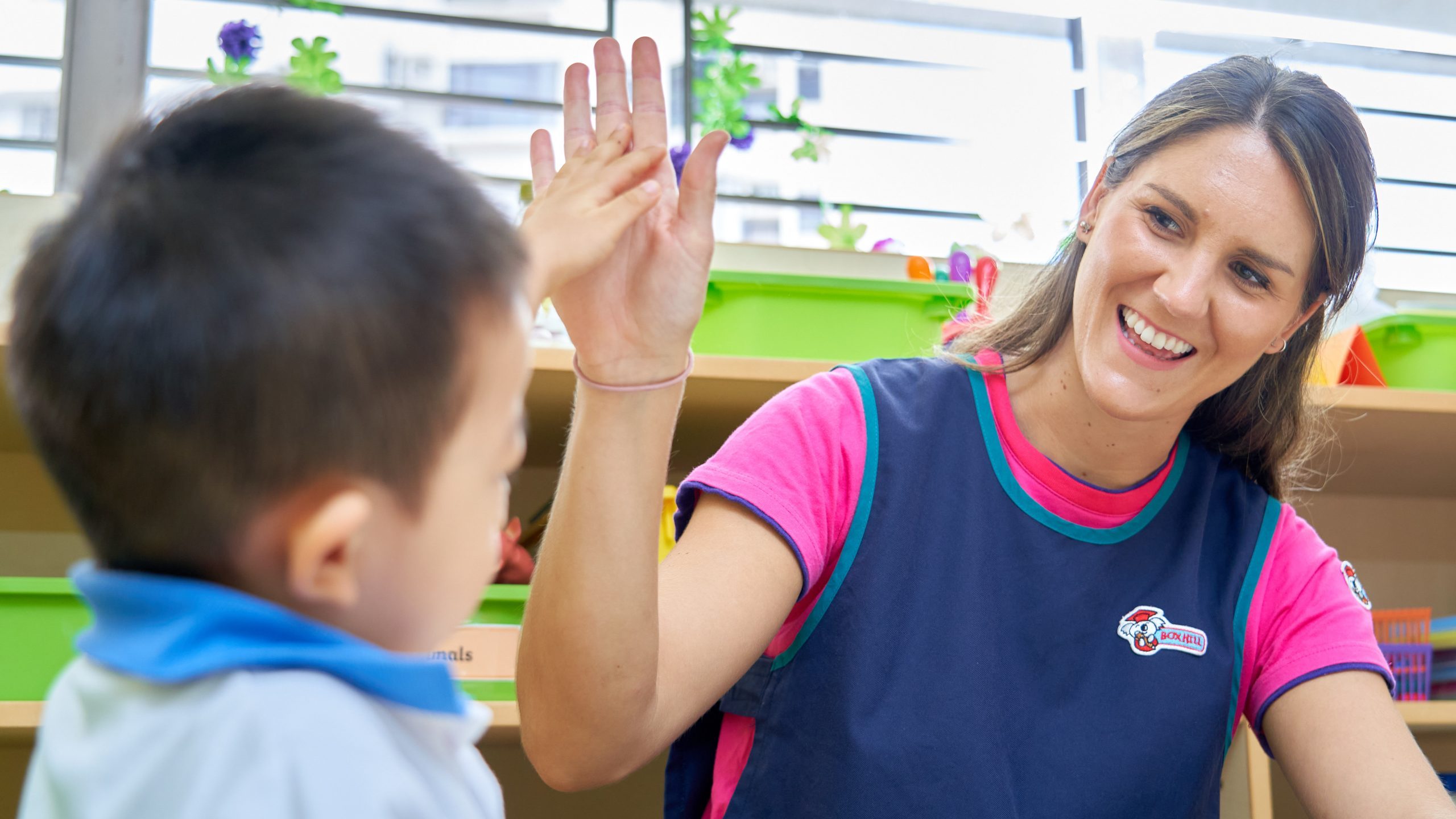
Communication and Language
Through daily activities students are encouraged to become confident communicators, both as individuals and part of a small group. Children will be given opportunities to speak and listen in a range of situations to develop their skills in expressing themselves, following instructions involving several ideas or actions, to be able to understand and show awareness of listener’s needs and to learn how to respond appropriately and effectively.
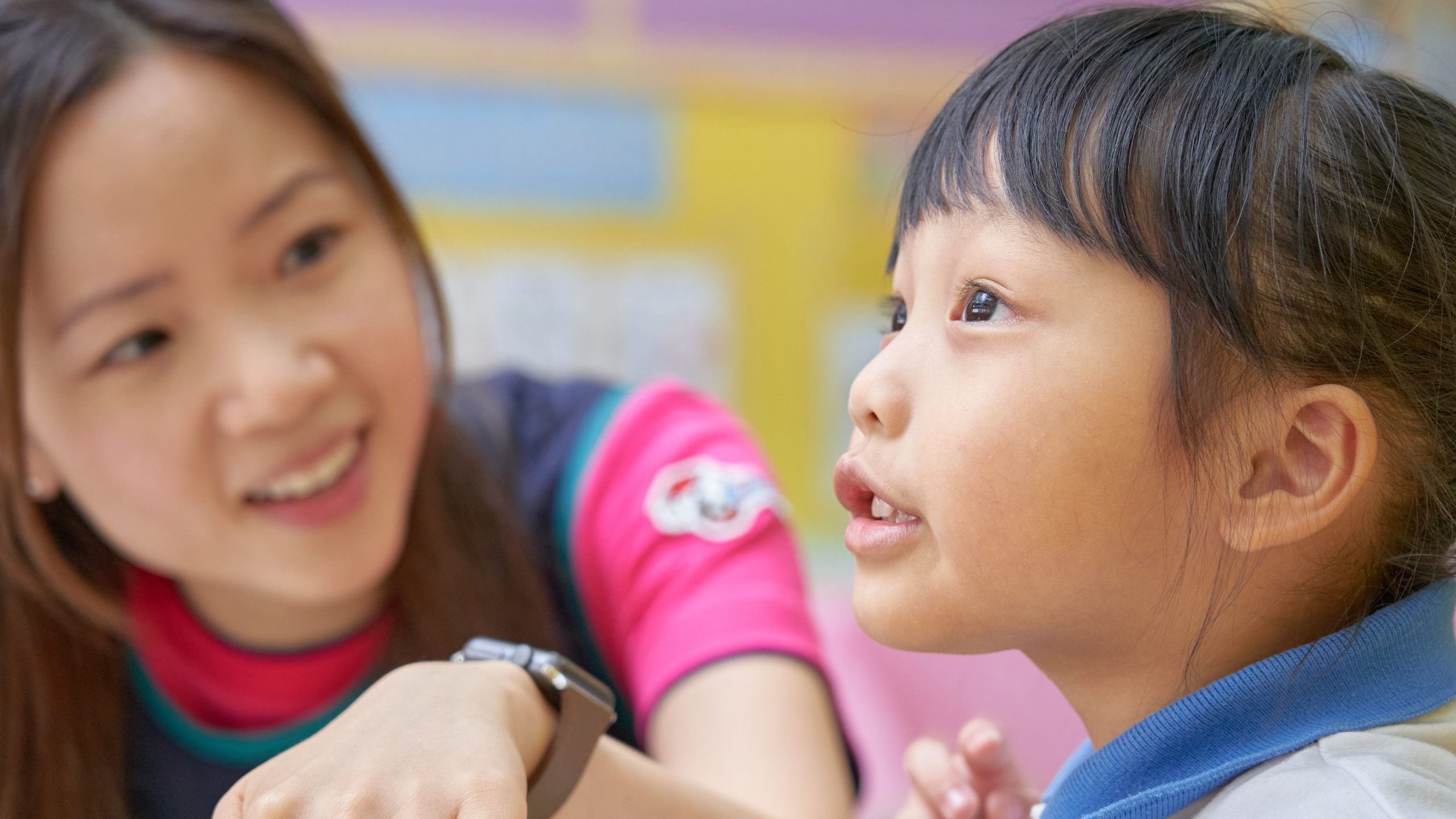
Personal, Social & Emotional Development
Children will have many opportunities to participate and engage in group activities to help them develop a positive sense of themselves and others, to form positive relationships and to develop respect for others. We facilitate the development of independence and self-help skills and decision-making skills through practical participation. Through cooperative play, children learn to take turns with others and take other’s ideas into account. Children talk about their feelings, and their own and others’ behaviour and its consequences.
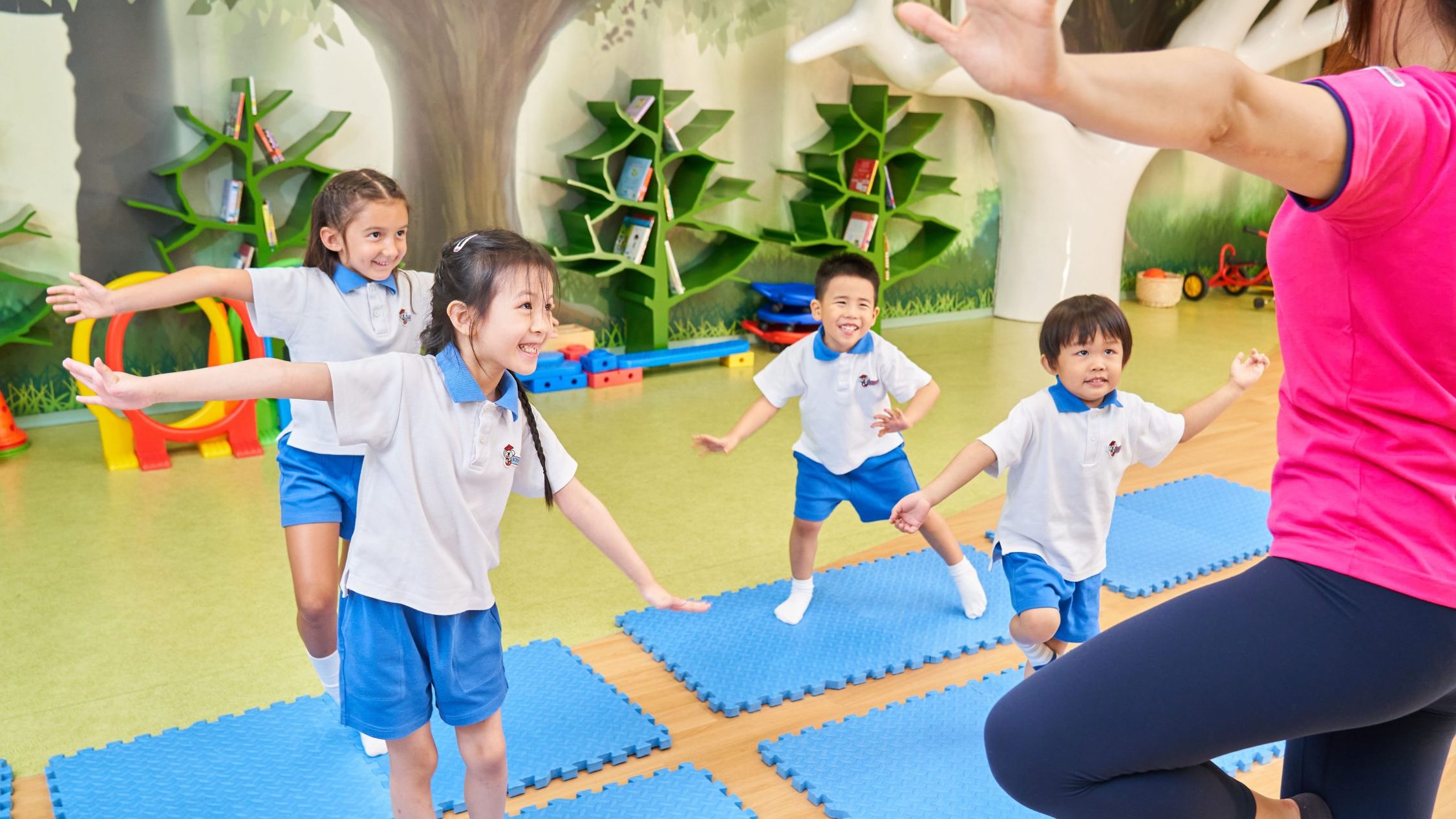
Physical Development
Through enjoyable exercises and team games in our child-oriented environment, students strengthen their gross and fine motor muscles. They develop different skills, such as, balancing, climbing, throwing, kicking, and jumping using a wide range of activities. With our carefully selected tools, resources and equipment, children enhance their hand-eye coordination and strengthen fine motor muscles. Children are guided to appreciate the importance of physical activity, and to make healthy choices in relation to food. Children also learn about the important area of managing their own basic hygiene and personal needs.
Specific Areas of Learning

Literacy Development
Children are given access to a wide range of reading materials. Box Hill provides books, songs and rhymes, and other written materials to stimulate their interest and support their language and literacy skills. Daily “story time” is implemented so that children are encouraged to read books to strengthen their reading and writing skills from Nursery through to Kindergarten 3. Through our phonics programme, children are aware of letters and sounds and gain the knowledge to decode regular words to eventually able to read and understand simple sentences.
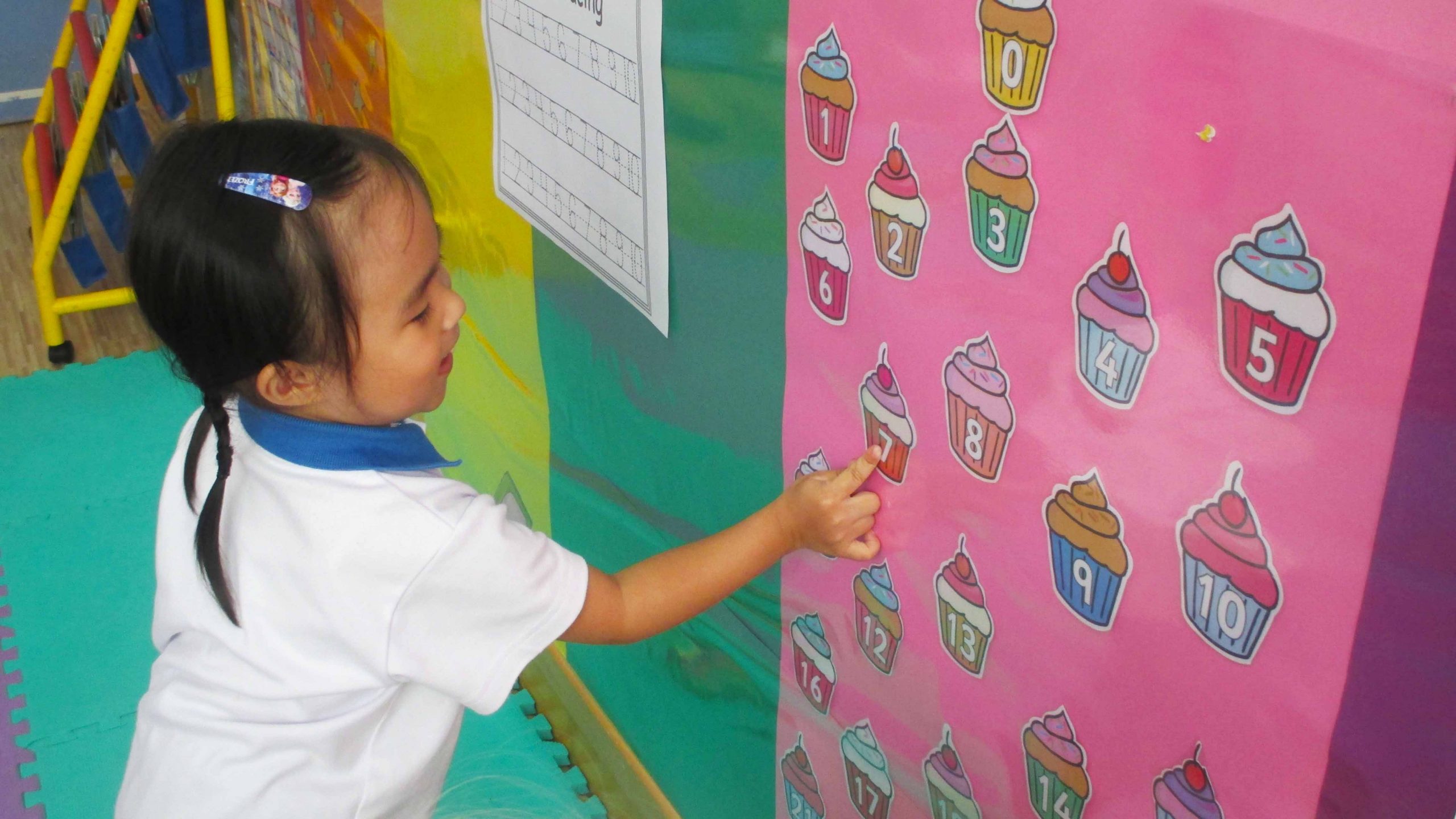
Mathematical Development
The fundamental knowledge that children attain is developed by providing activities to practice number concepts and to have an understanding of sizes by comparing, matching, and ordering. Children explore the characteristics of everyday objects and are encouraged to use mathematical language to describe them. They are taught simple addition and subtraction and learn to solve problems through practical hands-on activities.
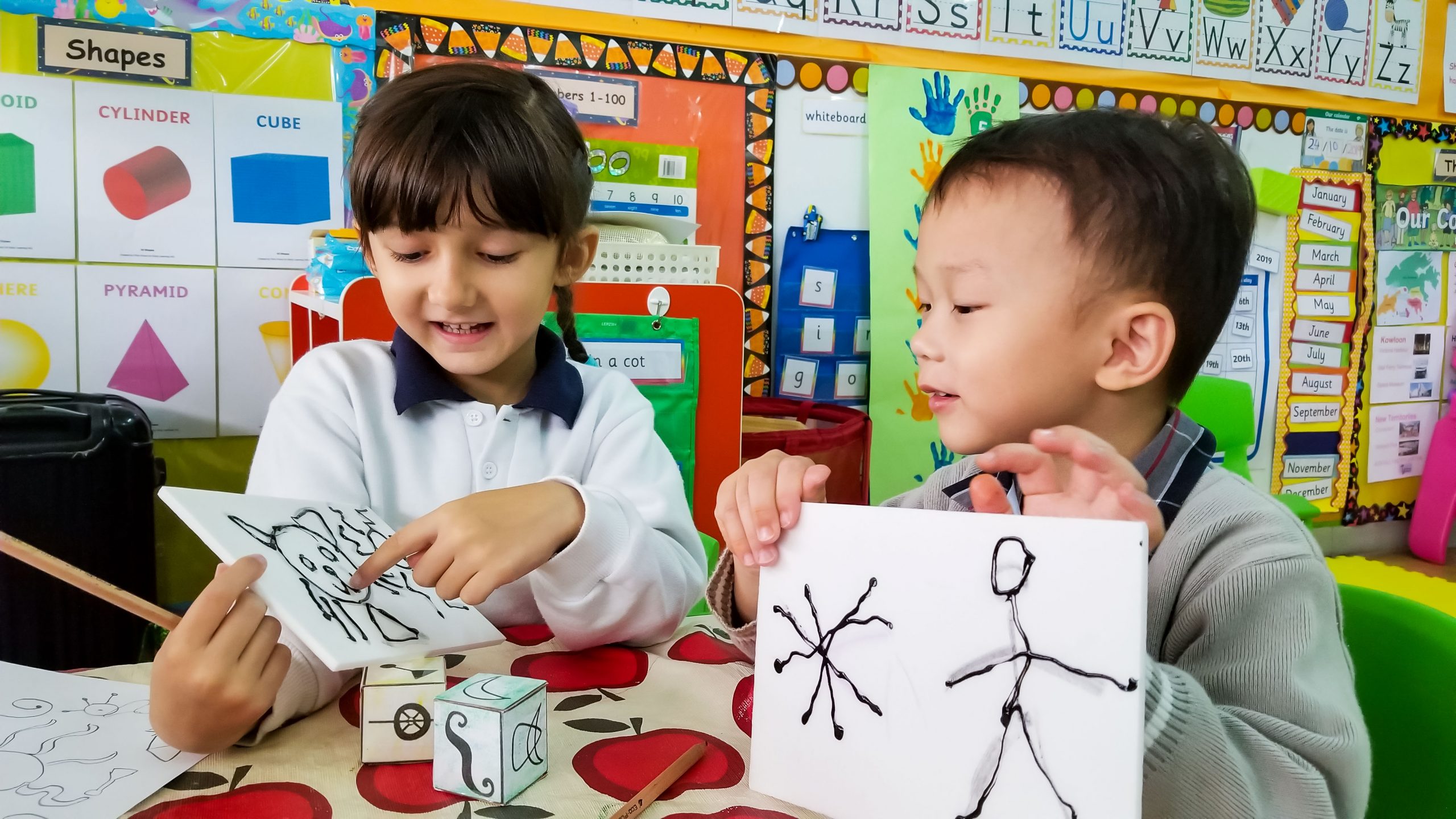
Expressive Arts and Design
Children have the opportunity to experience and explore a wide range of media and materials and are encouraged to share their thoughts, ideas, and feelings through a variety of activities in art, music, movement, dance, role-play as well as design and technology. Participation in drama sessions and role-play situations are supported and encouraged to develop imaginative skills which allow children to express their emotions in creative ways. Children have time and space to experiment and create through mediums such as paint, collage, sand, play dough and recyclable materials modelling.
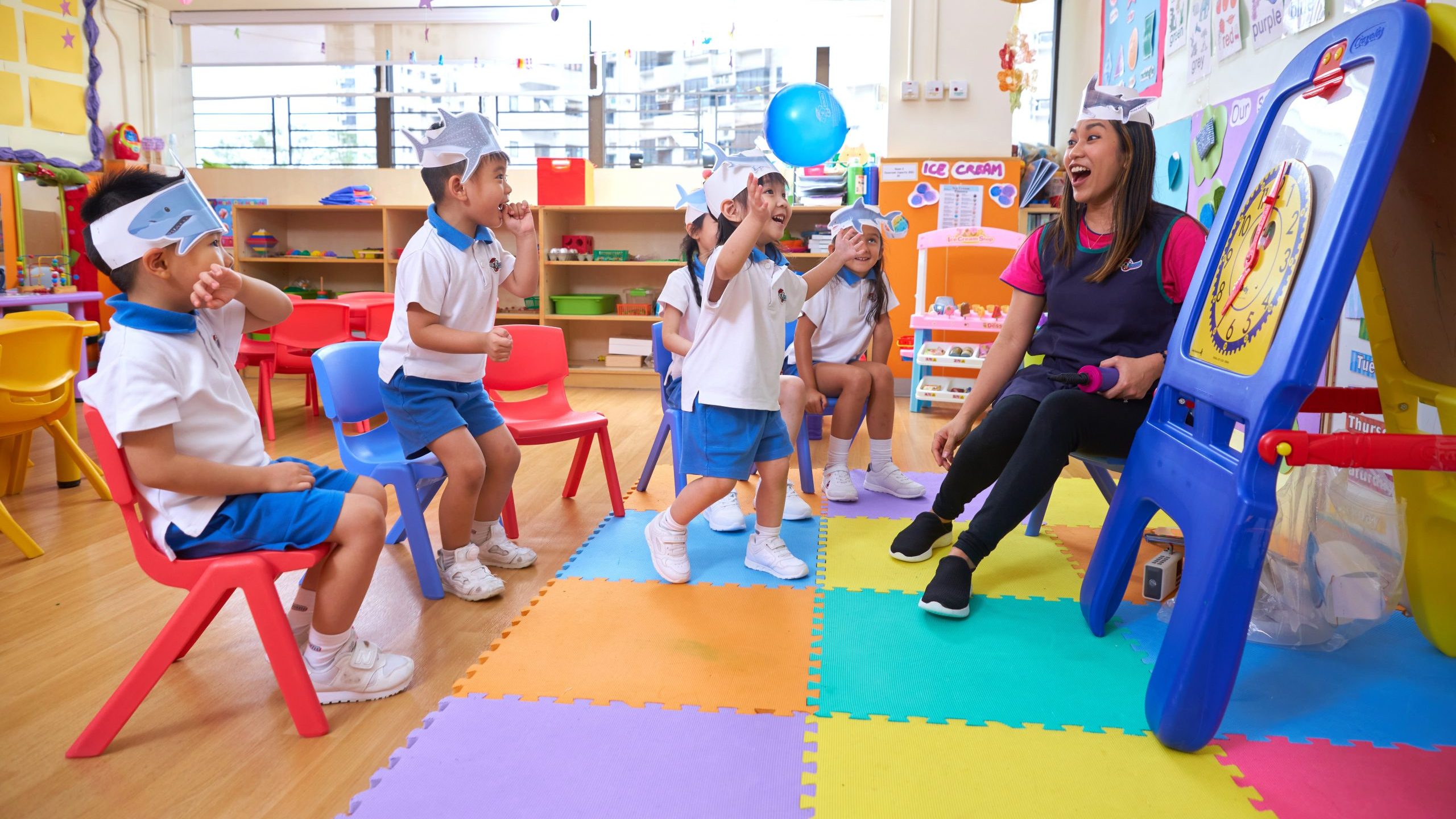
Understanding of the World
Children are guided to make sense of their physical world and their community. Opportunities are provided to explore, observe and find out about people, places, technology and the environment during circle time and through field trips as an extension of lessons learnt in the classroom. Through different scientific activities and close observation, children develop skills in describing and explaining simple features of objects, living things, and events. Units of work include studying the immediate environment, such as the school and the home, community helpers, plants and animals, weather and other cultures.
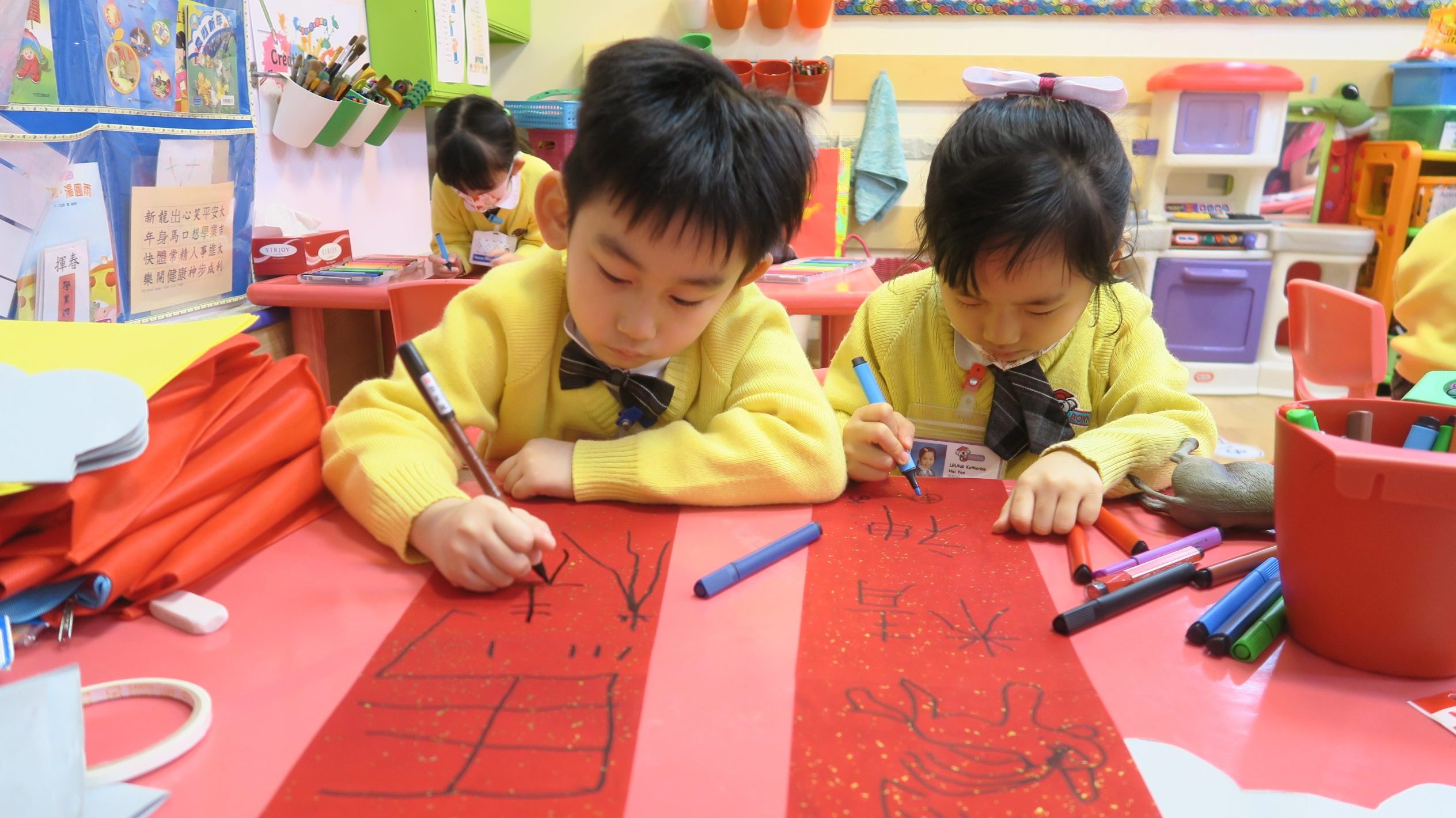
Chinese Session
During Cantonese and Mandarin sessions children begin to understand and speak the languages through theme-related activities.
Curriculum Summary
Through a variety of activities, children can
- Develop expressing and listening skills
- Enrich vocabulary to create simple sentences, ask simple questions, make simple requests, comment on stories, etc.;
- Develop reading and comprehension skills;
- Follow instructions to complete tasks;
- Develop clear pronunciation;
- Recite rhymes and sing songs;
- Recognise theme-related words;
- Write simple theme-related words; and
- Develop writing skills after learning theme-related words and sentences.
Developmental Assessment
To help children develop and enhance their abilities in different areas in the early years, teachers need to observe and record children’s development from the daily activities. Children’s work will be recorded for the purpose of progress assessment. A learning portfolio will be prepared for each child in the school year and will be given to the child’s parent at the end of each term/year.
Assessment in the above Prime Areas and Specific Areas of Learning will be regularly observed.
